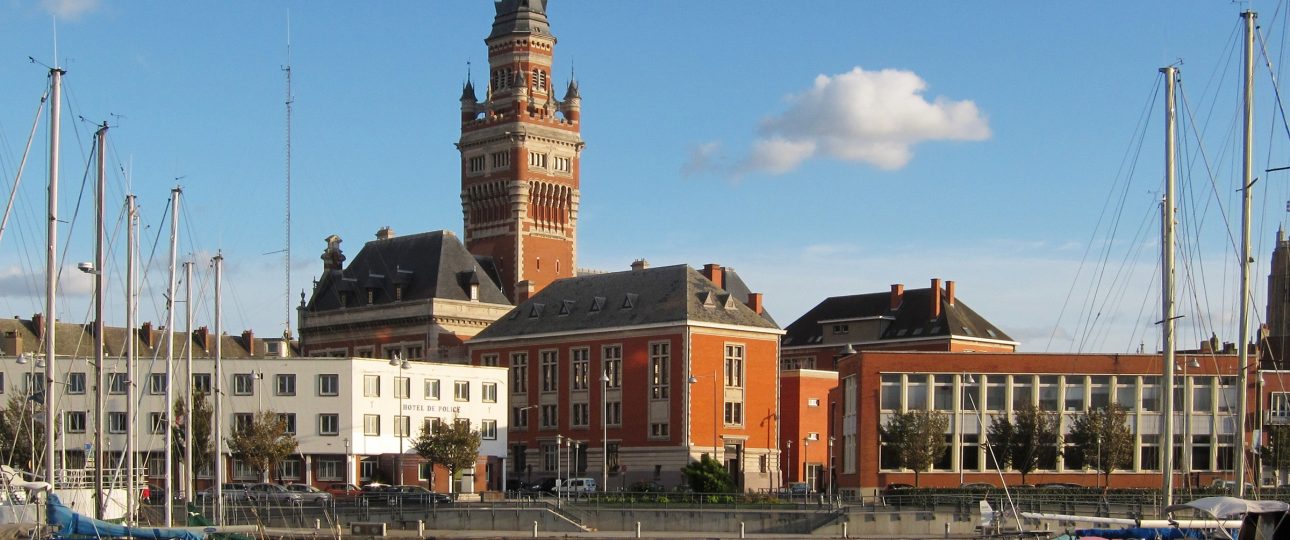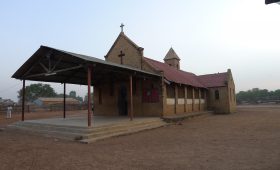Exploring Dunkirk: A Coastal City with a Rich History
Located in the northernmost part of France, Dunkirk is a city that offers a fascinating blend of history, coastal beauty, and cultural vibrancy. Often overshadowed by more famous French destinations, Dunkirk provides a unique experience for those willing to explore its offerings. In this article, we’ll delve into the historical significance, local attractions, and practical travel tips for visiting Dunkirk.
A Historical Perspective
Dunkirk’s history is as dynamic as its landscape. Here are some key historical highlights:
- Early Beginnings: Originally a fishing village in the 10th century, Dunkirk’s name comes from the Dutch “Church of the Dunes.” The town was fortified in the late 10th century to protect against Viking raids.
- Strategic Importance: Throughout the centuries, Dunkirk was a contested area, ruled by Spain, the Netherlands, England, and France. It became part of France in 1662, with significant port expansions in the 1670s.
- World War II: Dunkirk is renowned for the 1940 evacuation of Allied forces, known as Operation Dynamo, which rescued 338,000 soldiers. This event is a symbol of resilience and has been depicted in various films, including Christopher Nolan’s “Dunkirk.”
Reasons to Visit Dunkirk
What makes Dunkirk an intriguing destination? Here are some compelling reasons to include it in your travel plans:
1. Scenic Beaches
Dunkirk’s coastline along the Côte d’Opale offers beautiful sandy beaches perfect for relaxation and recreation:
- Plage de Malo-les-Bains: Known for its wide sandy shore, this beach is a favorite among locals and visitors alike, offering amenities for a comfortable day by the sea.
2. Cultural and Historical Attractions
Dunkirk is rich in cultural sites and museums that reflect its storied past:
- Port Museum (Musée Portuaire): Located in a former tobacco warehouse, this museum provides insights into the nautical history of Dunkirk.
- Operation Dynamo 1940 Museum: Dedicated to the events of World War II, this museum offers a comprehensive look at the Dunkirk evacuation.
- Saint-Éloi Church: A UNESCO World Heritage Site, this church is a testament to the city’s architectural heritage.
3. Culinary Experiences
Dunkirk’s cuisine is influenced by its maritime location, offering delightful dishes for food enthusiasts:
- Moules-Frites: A classic dish of mussels served with crispy fries, popular along the French coast.
- Dunkerquoise Beer: Sample local brews at various cafés and pubs throughout the city.
Optimal Visiting Times
The best time to visit Dunkirk is from late spring to early summer (May to July), when the weather is warm and festivals are in full swing. For a quieter experience, consider visiting in September or early October.
Traveling to Dunkirk
Getting to Dunkirk is straightforward, with several transportation options available:
By Air
The nearest airport is Ostend-Bruges International Airport in Belgium, about 60 kilometers away. From there, you can rent a car or take public transport to reach Dunkirk.
By Train
Dunkirk is accessible by SNCF high-speed trains from major cities like Lille and Paris. Local trains also connect Dunkirk with nearby towns such as Calais.
By Car
Dunkirk is served by the A16 and A25 motorways, providing easy access from cities like Lille and Calais.
Getting Around Dunkirk
Once in Dunkirk, exploring the city is convenient with several transportation options:
- Buses: The local bus system is free of charge, making it an economical way to get around.
- Biking: Dunkirk is bike-friendly, with dedicated cycling paths for easy navigation.
- Walking: The compact city center allows for pleasant walks between attractions.
Activities and Attractions
Dunkirk offers a variety of activities for visitors:
Beach Activities
Enjoy the sun and sand at Malo-les-Bains, where you can relax, swim, or enjoy a meal at a beachside café.
Explore the Port
Visit the bustling port, one of the largest in France, and learn about its maritime heritage through boat tours and museum visits.
Attend Local Festivals
Dunkirk hosts vibrant festivals, including the famous Carnaval de Dunkerque, known for its lively parades and traditional costumes.
Practical Travel Tips
Enhance your Dunkirk experience with these tips:
- Language: While many locals speak English, knowing basic French phrases can be helpful.
- Currency: France uses the Euro (€). It’s advisable to carry some cash for smaller establishments.
- Safety: Dunkirk is generally safe, but it’s always wise to stay aware of your surroundings.
In summary, Dunkirk is a city with a rich historical tapestry, beautiful beaches, and a vibrant cultural scene. Whether you’re interested in history, cuisine, or simply enjoying the coastal atmosphere, Dunkirk offers a rewarding travel experience.




